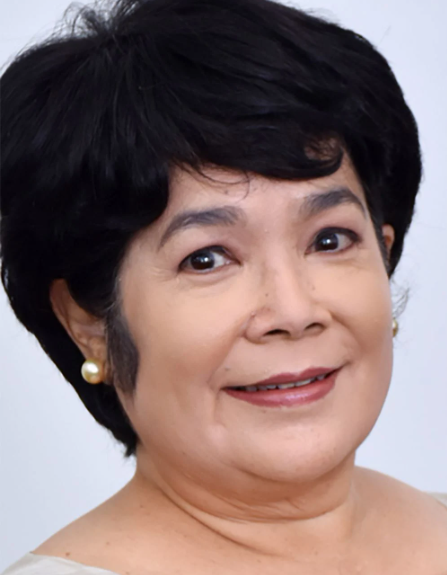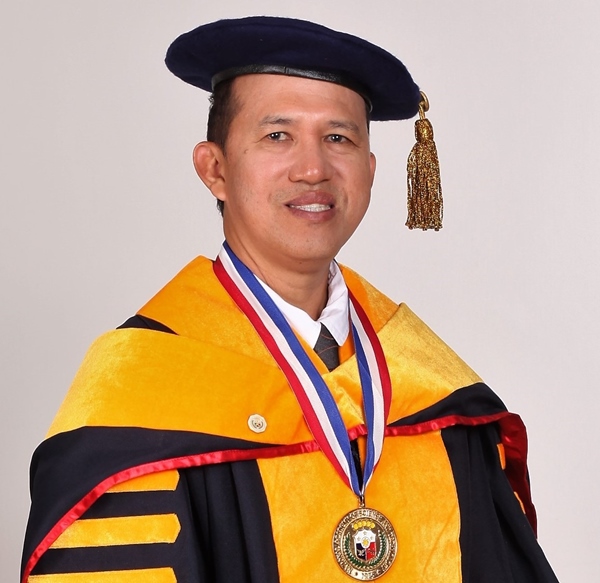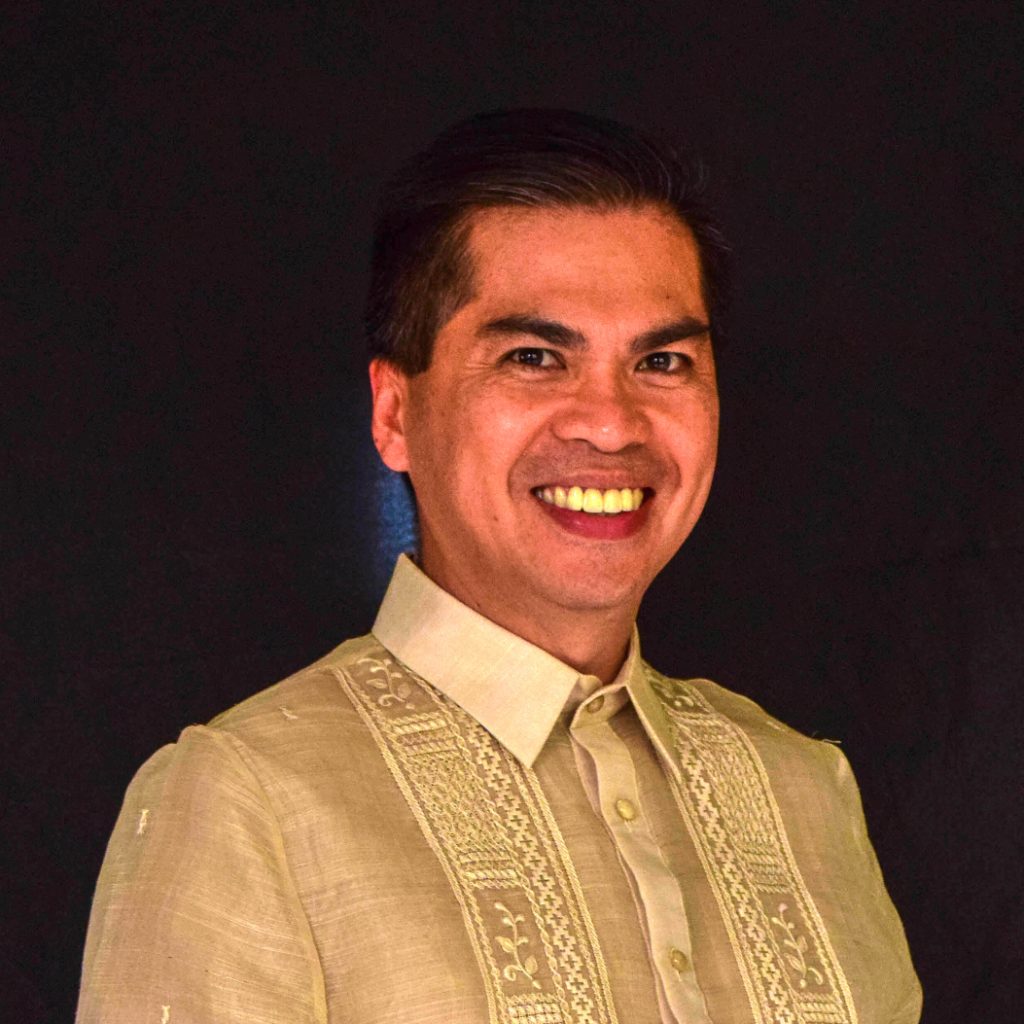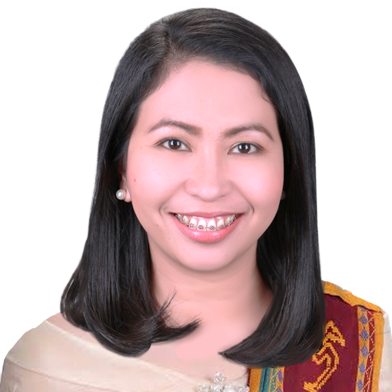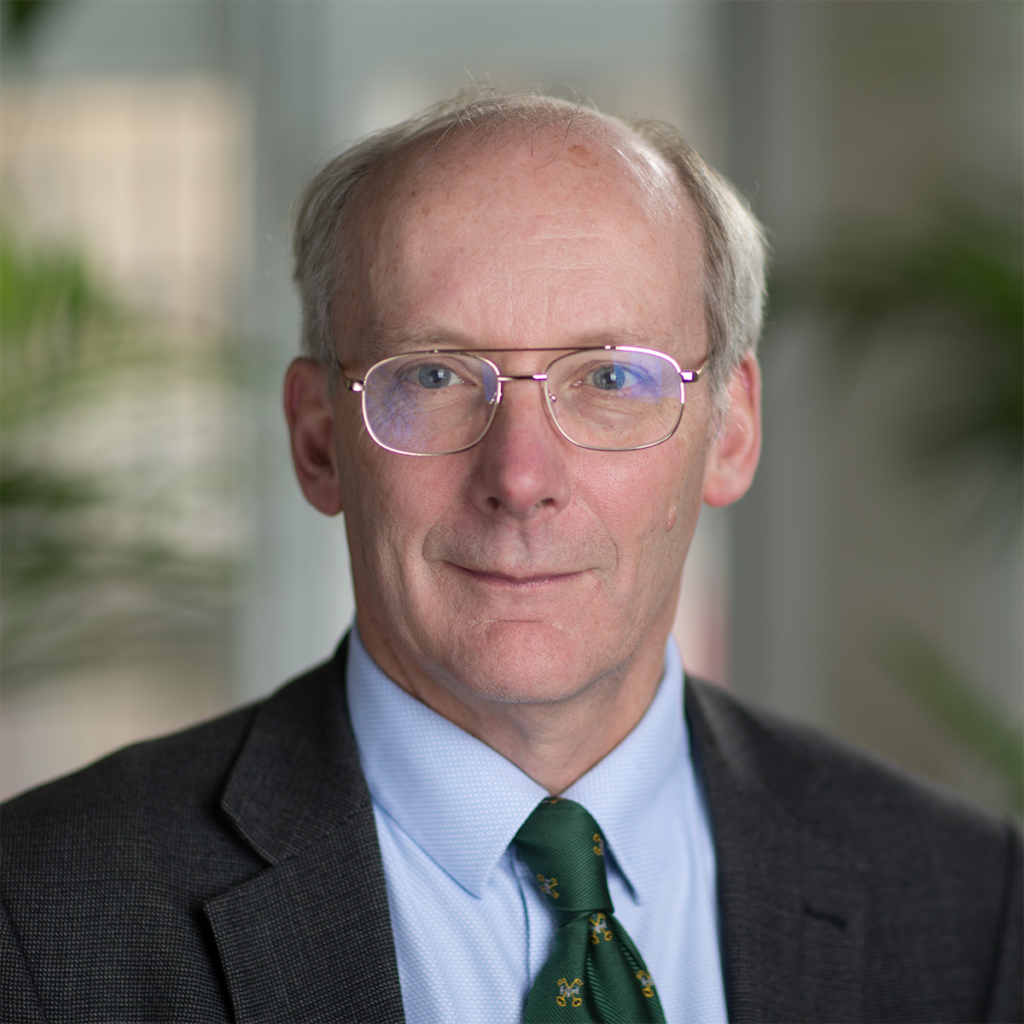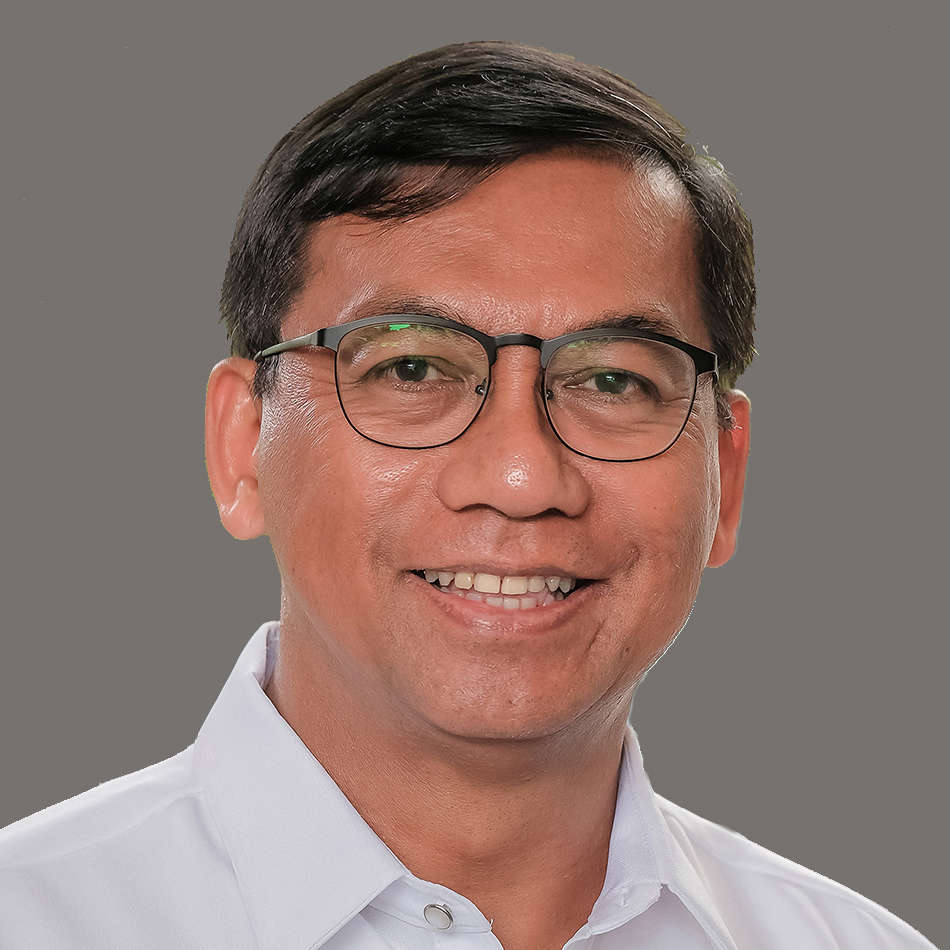Maria Antonia Yulo-Loyzaga
Secretary, Department of Environment and Natural Resources
Keynote Lecture
Climate Change and Philippine Agriculture: How Can Chemistry Help?
About the Speaker
Before assuming the office of the Secretary of the DENR, Ms. Loyzaga was the President of the National Resilience Council (NRC) from 2017-2022. NRC is a science and technology-based public-private partnership that seeks to implement the Sendai Framework for Disaster Risk Reduction, the UN Sustainable Development Goals, and the Paris Climate Agreement. Ms. Loyzaga holds numerous position in international agencies which are focused on disaster risk reduction, such as the Asia-Pacific Science Technology Advisory Group of the UN Office for Disaster Risk Reduction (UNDRR). She served as Vice Chairperson of Forest Foundation Philippines, a Trustee of the Zuellig Family Foundation, Executive Director of the Manila Observatory, Ateneo de Manila University, and member of the Board of Trustees, Ateneo de Naga University. Ms. Loyzaga holds a Master of Arts degree in Government from Georgetown University and Bachelor of Arts degree in Political Science from the Ateneo de Manila University.
Glenn Gregorio, PhD
Director, Southeast Asian Regional Center for Graduate Study and Research in Agriculture (SEARCA), UP Los Baños, Laguna
Plenary Lecture
Outlook for the Philippine Agriculture: Challenges and Opportunities
About the Speaker
Dr. Glenn Gregorio assumed office on May 1, 2019, as the 11th Director of SEARCA. He was recently reappointed for a second term, until April 30, 2025. Dr. Gregorio obtained his Ph.D. in Genetics minor in Statistics, M.Sc. in Plant Breeding minor in Soil Science, and B.S. Agriculture at the University of the Philippines Los Baños (UPLB). After graduation, he worked as a plant breeder for 29 years at the International Rice Research Institute (IRRI), rising to Deputy Division Head of IRRI’s Plant Breeding Genetics and Biotechnology Division. At IRRI, he worked on Rice Breeding for tolerance to saline-prone and problem soils, and as Coordinator for varietal development pipeline-cross cutting R&D. He spent four years as rice breeder for sub-Saharan Africa based in the International Institute for Tropical Agriculture (IITA) station in Nigeria. He is also a professor at the Institute of Crop Science, College of Agriculture and Food Science at UPLB. He was recognized as Outstanding Young Scientist of the National Academy of Science and Technology Philippines (NAST) in the field of Genetics and as one of The Outstanding Young Men of the Philippines both in 2004. His international awards include Honorary Foreign Scientist Award at the Rural Development Administration (RDA) of Korea (2002-2005) and the Ho Chi Minh Medal for “Having Great Contribution to the cause of Agriculture and Rural Development of Vietnam” (2012). Dr. Gregorio was also conferred the rank of Academician as member of NAST-Philippines in 2018.
Jonel P. Saludes, PhD
University of San Agustin, Iloilo City
Plenary Lecture
Advancing the Philippine countryside’s R&D and human capital ecosystem as drivers of food security and societal development
About the Speaker
Dr. Jonel Saludes earned his PhD in Organic Chemistry from University of California and his postdoctoral fellowship in Chemical Biology at University of Colorado. He is a Professor of Chemistry, Associate VP for Research and Global Relations, and Director of the Center for Natural Drug Discovery and Development (CND3) at University of San Agustin (USA). He is pursuing research in cell signaling and membrane curvature sensing using designed peptides; antibiotic and anticancer drug discovery from marine actinomycetes; and development of functional foods like pineapple, turmeric, honey, kadios, and tawa-tawa into standardized commercial products. He returned to the Philippines in 2015 as a Long-term DOST-PCHRD Balik Scientist and was recognized as one of Asia’s Top 100 Scientists in 2021. In a short period after his return, he established 5 new world-class research centers at USA including the CND3, the Center for Chemical Biology and Biotechnology, the Center for Heritage and Indigenous Cultures, the Center for Informatics, and the Center for Advanced New Materials, Engineering, and Emerging Technologies. In May 2022, he established the first and only cryoprobe NMR facility in the Philippines, the USA DOST-PCHRD Tuklas Lunas NMR Laboratory Visayas. Through his leadership, strong partnerships were established with global industry leaders including Del Monte, Shimadzu Corporation, The Medical City, Merck Inc., Bruker Corp., Waters Corp., and JEOL Inc. as well as with product innovators Herbanext Laboratories, Maridan Industries, and Malagos Chocolates Agri-Ventures.
Michael Leader
Head of Regulatory Scientific Affairs – APAC, Bayer CropScience Pty Ltd, Australia
Plenary Lecture
Future Trends in Agricultural Chemicals for Food Security
About the Speaker
Michael Leader is Head of Regulatory Scientific Affairs – APAC for Bayer CropScience. In this role he is responsible for driving engagement with key scientific stakeholders to advance science-based regulation of agricultural innovations in the Asia-Pacific region and to make Bayer a credible scientific partner of choice. He has previously worked in government biotechnology and quarantine regulatory agencies in Australia as well as in international biotech industry associations. He is currently Chair of CropLife Asia’s gene editing taskforce and of the International Seed Federation’s phytosanitary committee and is a Board member of the International Life Sciences Institute – South East Asia Region. Michael has a Law Degree and a Science (First Class Honors) Degree in molecular biology from the Australian National University.

Wilhelmus Broer
Manager of Science and Development, NofaLab, The Netherlands
Plenary Lecture
Ensuring Food Safety: Validation of Pesticide Analysis
About the Speaker
Wilhelmus Broer is Manager of Science and Development of NofaLab, a sampling and testing laboratory based in the Netherlands. NofaLab is specialized in the field of food, feed and environmental safety. He is specialized in analytical Mass Spectrometry. He has experience in pesticide analysis, quality management, and inorganic analysis.

Christopher Marlowe A. Caipang, PhD
University of San Agustin, Iloilo City
Plenary Lecture
Water Quality Indices and Nursery Production of Shrimp in a Biofloc Culture System
About the Speaker
Christopher Marlowe Arandela Caipang earned his undergraduate degree in Fisheries (Cum Laude) from the University of the Philippines Visayas (U.P. Visayas) as a Bureau of Fisheries and Aquatic Resources (BFAR) Scholar in 1993. He obtained both his Master’s and PhD degrees in Aquatic Biosciences as a Japanese Ministry of Education, Science, and Technology scholar at the Tokyo University of Marine Science and Technology (TUMSAT), Japan in 2002 and 2005, respectively. He did postdoctoral studies at the following institutions: Tokyo University of Marine Science and Technology, Nord University in Bodø, Norway and at the Institute of Marine Research in Bergen, Norway from 2006 until 2014. Prior to being a Short-Term DOST Balik Scientist at Western Philippines University in Palawan, he was a Research Scientist and Domain Lead of the Agrotechnology Domain at the School of Applied Science, Temasek Polytechnic in Singapore. He helped establish BioVivo Technologies AS, a start-up biotech company based in Bodø, Norway. Currently, he is affiliated with the Division of Biological Sciences of the College of Arts and Sciences, UP Visayas. He was recognized as Outstanding Researcher in Agriculture, Aquatic and Natural Resources category at the first-ever Idlab Awards by the Regional Research, Development and Innovation Committee (RRDIC) of the Regional Development Council (RDC) Region VI. He has published several scientific papers and has been invited as a speaker in both national and international symposia on fisheries and aquaculture. His research interests are on various aspects involving aquatic animal health management and biotechnology

Nora Mae C. Gareza
Center for Integrated STEM Education, Inc.
Plenary Lecture
Green Agriculture for Food Security: Building community capacity through an educational and sustainable urban agriculture approach
The Center for Integrated STEM Education (CISTEM, Inc.) in partnership with the Education Futuring Lab (EFL), Unilab Foundation, and Caritas Manila, sought to contribute to addressing food insecurity and the irreversible effects of malnutrition through a sustainable container garden-to-table urban agriculture approach called Green Agri for Every Juan that focused on capacity‐building to cover household livelihood strategies, food access, care practices, and food consumption. Through a series of workshops, Green Agri for Every Juan provided hands-on and innovative techniques on container gardening and introduced a doable and inclusive approach to promoting better knowledge and practices, health, nutrition, self-sufficiency, income, savings, and eventually – food security among Filipino households. The program aimed to build partnerships with the diocese, particularly San Pablo Apostol Parish in Tondo, Manila, local government units, and agricultural institutions. The capacity-building also included the Juan Hundred Peso recipes which showcased nutritious and cost-effective meals that are easy to prepare that are aligned with the care practices and food consumption components of the UN FAO food and nutrition security framework.
About the Speaker
Mae is the Project Lead of Green Agri for Every Juan, a project with Caritas Manila that seeks to tap the potential of Filipino families to address and combat food insecurity in their community. She earned her Bachelor of Science degree in Food Technology from the University of the Philippines Los Baños. After realizing that teaching was her true calling, she obtained her Professional Teaching Certification units from the UP Open University, passed the Secondary licensure exam for teachers, and spent more than ten years in the classroom educating students in Chemistry and Physics before joining the Center for Integrated STEM Education, Inc. in 2020. Currently in the final year of her graduate studies at the UP College of Education under the Master of Arts in Education majoring in Physics Education, this mother to four children has been a consistent University Scholar since 2018. guruan upang maiangat ang kalidad ng edukasyon para sa kinabukasan ng ating kabataan.
Professor Sir Charles Godfray FRS
Oxford University
Keynote Lecture
The challenge of providing healthy, sustainable and equitable diets for all
The talk will begin by describing the challenges facing the global food system in the 21st century. Demand will continue to grow, but at a decelerating rate, possibly plateauing this century. Farming will face increasing competition for resources, especially land and water. Harder to predict are the biophysical and geopolitical shocks the food system is likely to experience, of which climate change is paramount: were the global food system to continue unaltered in coming decades it alone would push global warming above the 1.5 degree safe threshold. And a present and increasing issue is poor diets leading to the diseases of over-consumption while others still cannot afford the food they need.
Though the challenges are great we have a broad armoury of measures and interventions to address them, providing we have the political will. And while the global food system is huge and complex there is also a simplicity to what we need to do. Given the magnitude of the threats ahead we need action on all fronts – diets, production, waste and governance – no single aspect can do all the heavy lifting. Dietary change will involve eating less meat, a particularly fraught issues given the interests involved and the reluctance of politicians to intrude on personal diet choices. Changes to farming will be of a magnitude not seen since the industrial and green revolutions, and we will likely see a major increase in non-land-based food production. Many people will be negatively affected by these changes and crafting a “just transition” that protects the interests of the least powerful will be essential to achieving a healthy, sustainable and equitable food system.
About the Speaker
Charles Godfray is a population biologist with broad interests in science and the interplay of science and policy. He has spent his career at Oxford University and Imperial College and is currently Director of the Oxford Martin School and Professor of Population Biology at Oxford. His research has involved experimental and theoretical studies in population and community ecology, epidemiology and evolutionary biology. He is particularly interested in food security and chaired the UK Government Office of Science’s Foresight project on the Future of Food and Farming and recently stepped down as chair of the UK’s agricultural and environment (Defra) ministry’s Science Advisory Council.
Renato U. Solidum, Jr., PhD
Secretary, Department of Science and Technology
Keynote Lecture
Chemistry as a Driver of Agriculture-Based Development
About the Speaker
Dr. Renato U. Solidum, Jr. started his professional career as a Science Research Specialist I at the Philippine Institute of Volcanology and Seismology (PHIVOLCS) where he began working in 1984 after graduating with a BS in Geology degree from the University of the Philippines (UP) Diliman in the same year. He then took up graduate studies in Geological Sciences at the University of Illinois, Chicago, USA and earned an MS degree in Geological Sciences. He then pursued and earned a doctorate degree on Earth Sciences from the Scripps Institution of Oceanography at the University of California San Diego (UCSD), La Jolla, California, USA.
He became the Director of PHIVOLCS from 2003 up to February 2017, and served as the DOST Undersecretary for Disaster Risk Reduction and Climate Change Adaptation since March 2017. He was appointed as the Undersecretary for Scientific and Technical Services on October 2019 and concurrently served as the Officer-in-Charge of the DOST – Philippine Institute of Volcanology and Seismology (PHIVOLCS), spearheading the Department’s disaster risk reduction and climate change related undertakings.
He has been designated as a Commissioner for UNESCO National Commission of the Philippines, from 2017- up to present. In recognition of his contributions to disaster risk reduction in the Philippines, Dr. Solidum has been awarded the Presidential Citation for Public Service, the Presidential Lingkod Bayan Award by the Civil Service Commission, the Professional of the Year in the field of Geology by the Professional Regulation Commission, the Excellence Award for Government Service by the Philippine Federation of Professional Associations and the Presidential Career Executive Service Award by the Career Executive Service Board.
He has been officially appointed as the Secretary of the Department of Science and Technology (DOST) of the Philippines on July 2022.

